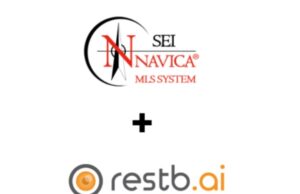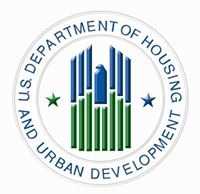Important Role of Manufactured Housing Recognized in Senate Housing Finance Reform Plan
Legislation would provide manufactured home loans access to a secondary market; help preserve access to manufactured homes for low- and moderate-income families
Washington, DC – March 25, 2014 – (RealEstateRama) — The Manufactured Housing Institute (MHI) thanks U.S. Senate Banking, Housing, and Urban Affairs Committee Chairman Tim Johnson (D-SD) and Ranking Member Mike Crapo (R-ID) for recognizing the critically important role manufactured housing plays in serving the nation’s housing needs in their recently released Housing Finance Reform and Taxpayer Protection Act of 2014. The proposed legislation includes key provisions that would provide manufactured home loans secured by personal property with access to a newly envisioned secondary market.
“Gaining access to the secondary market for our home loans has long been a top priority for MHI and the manufactured housing market, and we are grateful the Senate has taken action to level the playing field for the manufactured housing industry and our homeowners,” said Nathan Smith, MHI Chairman and Partner at SSK Communities. “This bill is a step in the right direction for our industry and manufactured homeowners across the country, and we will continue to advocate for and work with Congress to pass into law a housing finance bill that recognizes the critical economic role of manufactured housing.”
Historically, manufactured housing has accounted for less than one percent of Fannie Mae and Freddie Mac secondary market activity, which effectively makes manufactured housing less accessible to those that can most benefit from its affordability — low- and moderate-income families. The newly proposed legislation calls for Fannie Mae and Freddie Mac to be replaced with a new Federal Mortgage Insurance Company (FMIC) and stipulates that personal property loans would be able to fully participate in FMIC’s securitization platform at the same level as real estate-secured loans. Further, the bill deems loans eligible for securitization to include “loans secured by manufactured homes,” as well as “residential real estate loans.” The legislation adopts a broad definition of residential real estate loans that would include a “personal property loan secured solely by the dwelling itself” and “hybrid land-home loans for a manufactured home.”
In addition, the bill establishes an Office of Consumer and Market Access, which would administer a new Market Access Fund to address the homeownership and rental housing needs of low- and moderate-income, and underserved or hard-to-serve populations. This Fund would provide grants and loans, including through the use of pilot programs, to support the research and development of sustainable homeownership and affordable rental programs, including manufactured homes purchased through real estate and personal property loans and manufactured homes used as rental housing.
The Market Access Fund would also be tasked with providing credit enhancement and support for products and services that increase the rate of sustainable housing, including the purchase or rental of manufactured homes.
“MHI applauds the bipartisan approach taken by Chairman Johnson and Ranking Member Crapo and their recognition of the importance of manufacturing housing in rural and underserved areas,” said Richard Jennison, President and CEO of MHI. “We look forward to continuing our work with Congress to further strengthen securitization resources for manufactured housing.”
The Manufactured Housing Institute (MHI) is the preeminent national trade association for the manufactured and modular housing industries, representing all segments of the industries before Congress and the Federal government. From its Washington, D.C. area headquarters, MHI actively works to promote fair laws and regulation for the manufactured and modular housing industries, as well as all MHI members.
For more information on the Manufactured Housing Institute, please visit www.manufacturedhousing.org.










